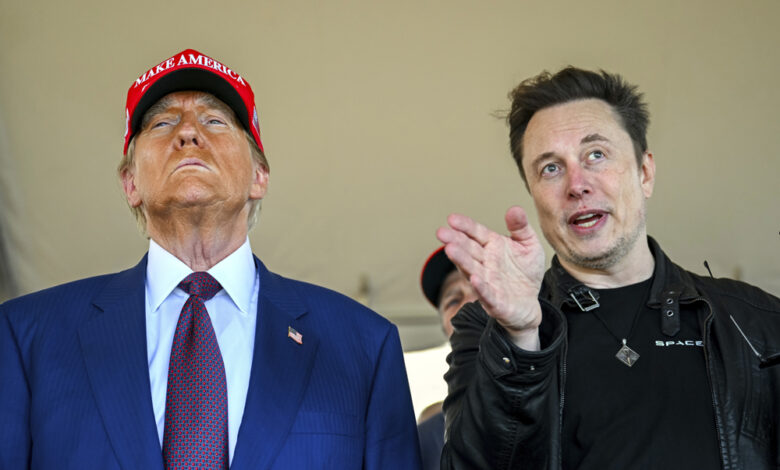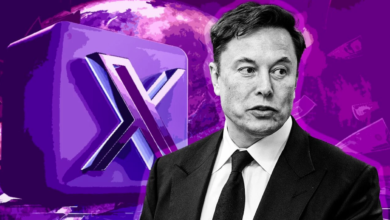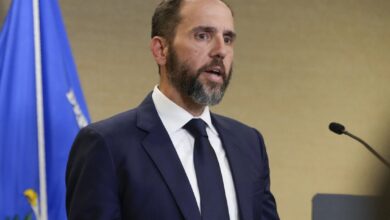
As President-elect Donald Trump prepares for his second term, a recent dispute over the H-1B visa program has cast a spotlight on the inconsistencies within his economic agenda. The H-1B visa allows U.S. companies to employ foreign workers in specialty occupations that require theoretical or technical expertise, predominantly in the tech industry.
The conflict emerged when Trump, who has historically criticized the H-1B visa for allegedly undermining American jobs, publicly supported Elon Musk’s advocacy for the program. Musk, a key player in Trump’s newly formed “Department of Government Efficiency,” alongside Vivek Ramaswamy, has been vocal about the necessity of H-1B visas for attracting top global talent to the U.S., particularly for his companies, SpaceX and Tesla. This stance seemingly contradicts Trump’s “America First” policy, which emphasizes prioritizing American labor over foreign workers.
Trump’s comments to the New York Post, where he described himself as a “believer in H-1B” and highlighted his own use of the visas in his businesses, have sparked debate. This acknowledgment came amidst a backlash from some of his supporters, including former Trump administration official Steve Bannon, who has labeled the visa program as detrimental to American workers.
This visa spat reveals a broader tension within Trump’s coalition, balancing between his base’s anti-immigration sentiments and the practical needs of industries, particularly in technology, that benefit from specialized foreign labor. Critics argue that this situation exemplifies the inherent contradictions in Trump’s economic policies, where populist rhetoric clashes with business realities, especially in sectors where innovation and skilled labor are crucial.
The discussion around H-1B visas has also trended on X, underscoring public and political division over immigration policy as it pertains to economic strategy. Some posts found on X suggest that while Trump’s supporters are divided, the tech community largely supports the visa program for its role in fostering innovation and competitiveness.
As Trump’s administration begins, how he navigates these contradictions could significantly impact his policy decisions, especially in areas like immigration reform, labor policy, and economic growth strategies.




